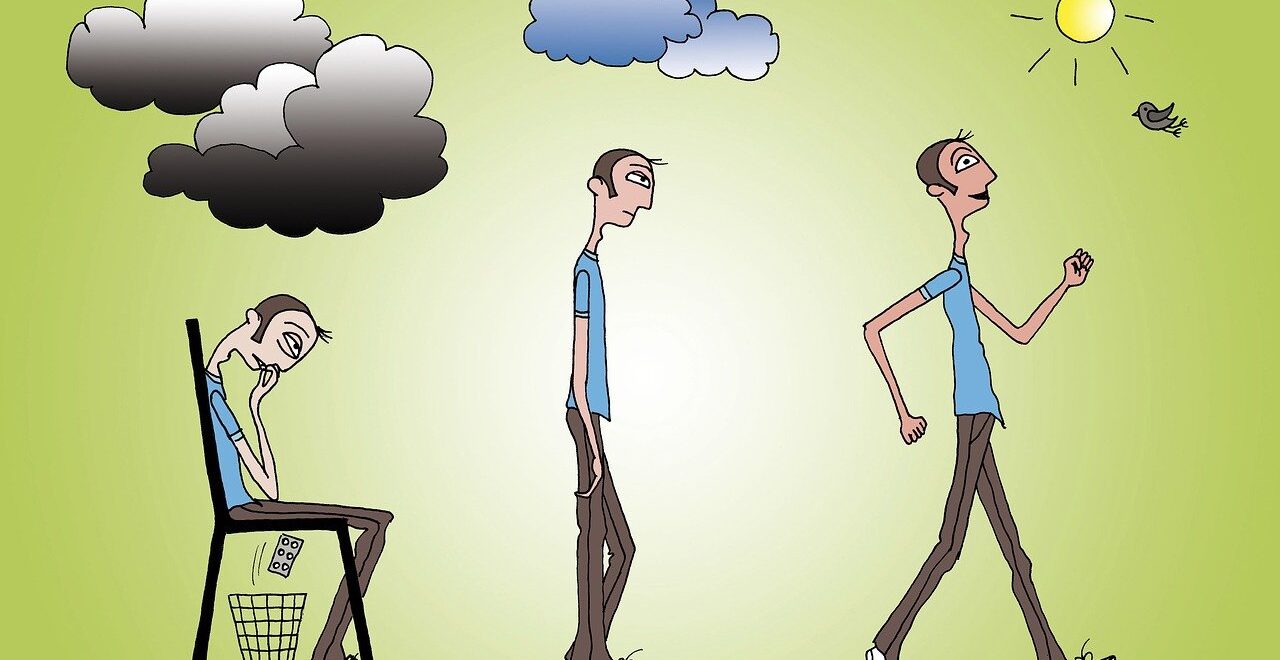You are stronger than you think.
This is one of the things I tell myself daily.
It’s a simple affirmation that goes a long way establishing the foundation for a productive day. I’m obviously not referring to physical strength in this context.
While it’s obviously important to maintain good physical fitness we must also maintain mental fitness.
But what does it mean to be strong mentally?
I think the concept of the stoic “strong silent type” is very inaccurate.
While many people try to portray themselves in this way outwardly, what’s happening inwardly might be completely different.
There are many layers to a mentally strong personality and some of them might even be misconceptions.
In fact, there are even seemingly contradictory elements to mental strength.
For example, a common perception is that seeking help is a sign of “weakness” and that could not be further from the truth.
And, not to generalize, but I think this phenomenon is far more prevalent among men of a certain age.
I was born in 1971 to Baby Boomer parents and self-reliance and “boys don’t cry” were emphasized in my upbringing.
While there is, of course, nothing inherently wrong with self-reliance, it can be harmful when taken to the extreme.
This was the case with me, personally.
I suffered from depression and anxiety for years.
Undiagnosed, of course, because I did not want to be one of those “weak” men that goes to a therapist.
Therefore, I took the “manly” route and self-medicated with alcohol and drugs and never told anyone that I was suffering.
That seemed to work until it didn’t.
My anger and frustration continued to mount, and my alcohol use increased exponentially in a vain attempt to find some kind of happiness.
I had a good job, a wife and child, a home and loving family and friends.
Outwardly, everything was great but, inwardly, I was in pain and could not pinpoint the cause.
One day, not long after the Covid lockdowns began, my wife decided she could no longer deal with my angry outbursts and heavy drinking and asked for a separation.
I was devastated and, in more pain, than ever but did not seek help to fix the things that were ruining my life.
By September of 2020 I had had enough and attempted to take my own life.
Thankfully, I was unsuccessful. After spending a week in a less-than-pleasant psychiatric ward, I realized that a change was necessary.
And I needed help to do so. Somehow, I found the strength (not weakness) to call an inpatient rehabilitation facility and check myself in.
I completed the program and was doing well for several months, but my old demons returned, and I found myself back in for another 28 days.
I completed treatment and enrolled in an extensive outpatient program that I also completed successfully.
I again did well for several months but again found myself trying to deal with life’s stresses and pain the only way I could.
Alcohol.
One afternoon, after picking my son up from school, I was sneaking my daily pint of vodka, and he caught me.
It was humiliating. He called my wife (not divorced at this time) and told her what happened. She came and picked him up and I called the treatment facility again.
They said they had a bed for me that night if I could arrive by 6:00 PM.
It was around 4:00 PM at the time. I immediately packed a bag and set off on the 90-minute journey.
There was a slight problem, however. I was drunk and decided to drive myself instead of asking for help.
The story gets better. Part two coming soon.

